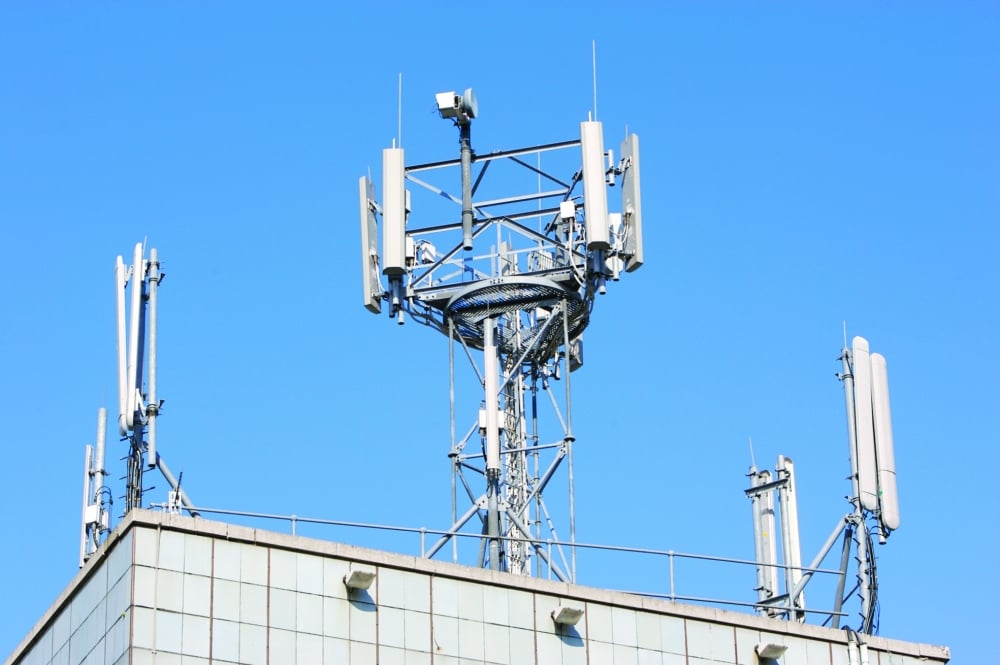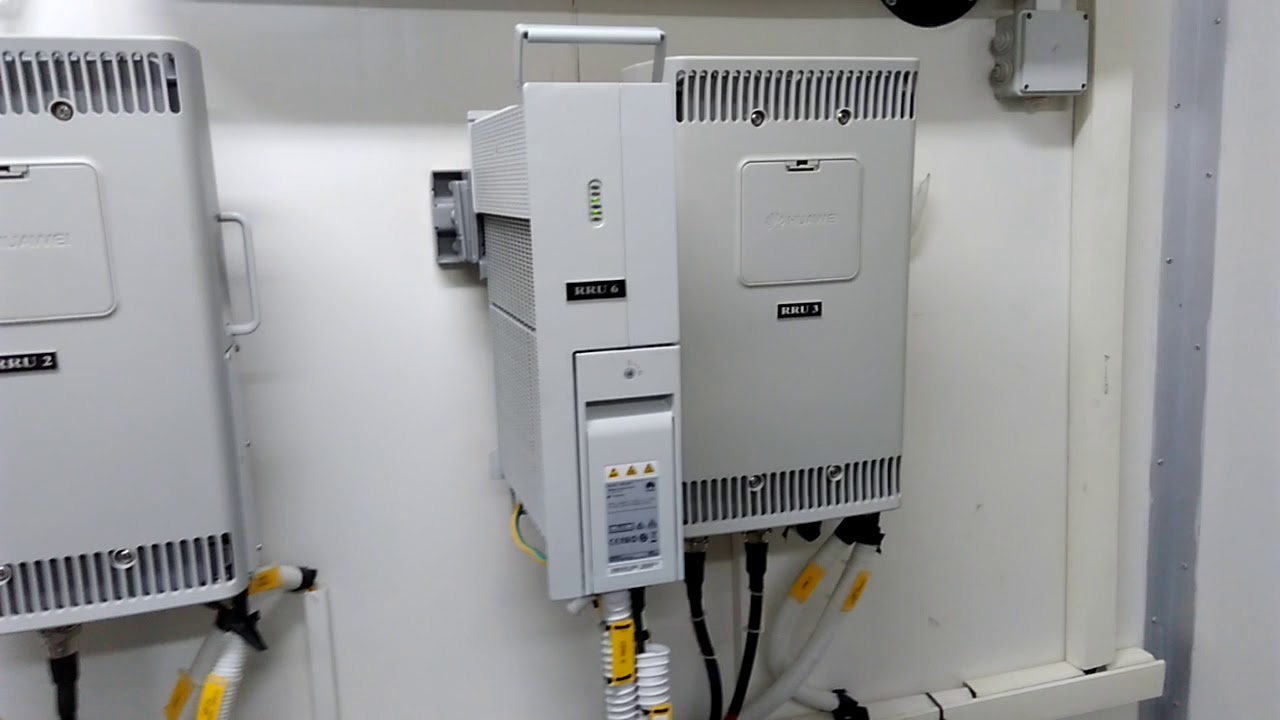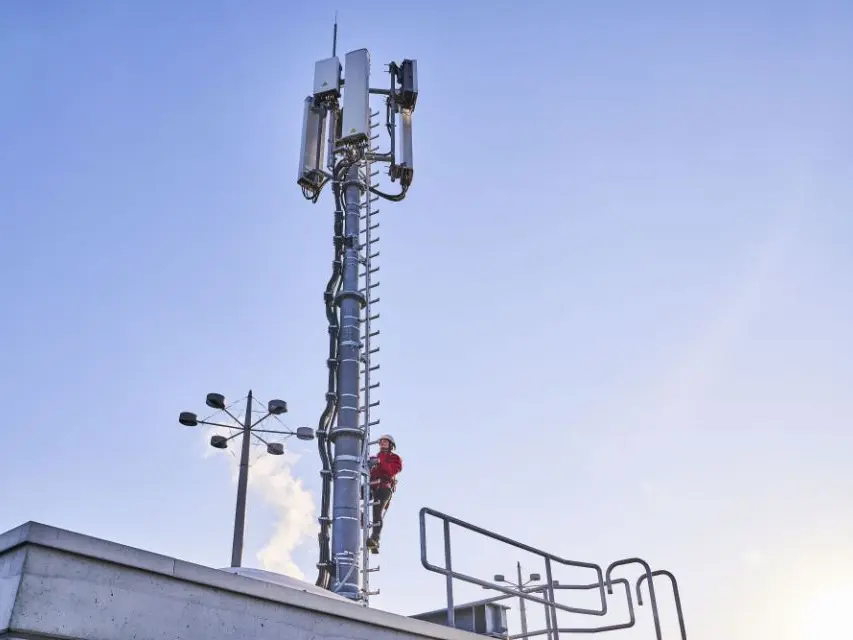Mobile Network Installations
Mobile networks are a fundamental part of modern telecommunications infrastructure, playing a crucial role in enabling individuals and businesses to communicate efficiently via voice and data. These networks rely on various components and technologies to ensure broad coverage, high performance, and stable data transmission. Components of Mobile Networks Mobile networks consist of several essential components, including: Base Stations (BTS - Base Transceiver Stations): These sites contain antennas and necessary equipment to send and receive wireless signals between users and the network. Base Station Controllers (BSC): Manage multiple base stations and control call transitions between towers. Core Network: Includes data centers and control systems that handle calls, messages, and data flow between subscribers. Antennas and Wireless Equipment: Used to broadcast signals over a wide range, ensuring stable and continuous coverage. Fiber Optics and Cables: Connect base stations to the core network, ensuring high-speed and delay-free data transmission. Types of Mobile Network Technologies Mobile networks operate on various evolving technologies, including: 2G (Second Generation): Provides basic voice calling and SMS services. 3G (Third Generation): Offers higher data transfer speeds, improving mobile internet experiences. 4G (Fourth Generation - LTE): Delivers ultra-fast internet speeds, supporting live streaming and high-definition video. 5G (Fifth Generation): The latest advancement in telecommunications, offering unprecedented speeds, ultra-low latency, and support for smart devices and the Internet of Things (IoT). Stages of Mobile Network Installation Planning and Design: Analyzing the target area and identifying suitable locations for towers and equipment. Equipment Installation: Setting up base stations, antennas, and wireless connection systems. Testing and Commissioning: Conducting extensive tests to ensure the network operates efficiently without interruptions. Maintenance and Upgrades: Performing regular maintenance and continuous enhancements to improve performance and service quality.





